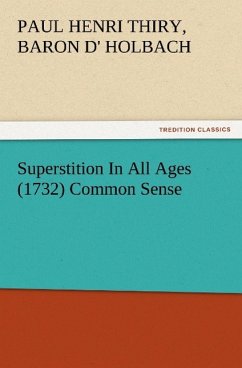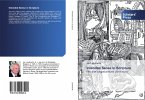High Quality Content by WIKIPEDIA articles! yatana is the Buddhist term for a "sense base" or "sense sphere." In Buddhism, there are six internal sense bases (Pali: ajjhattik ni yatan ni; also known as, "organs", "gates", "doors", "powers" or "roots" and six external sense bases (b hir ni yatan ni or "sense objects"; also known as vishaya or "domains". Thus, there are twelve sense bases in total (listed below in sense organ-object pairs): eye and visible objects, ear and sound, nose and odor, tongue and taste, body and touch, mind and mental objects. Buddhism, as well as other Indian epistemologies, identifies six "senses" as opposed to the Western identification of five. In Buddhism, "mind" denotes an internal sense organ which interacts with sense objects that include sense impressions, feelings, perceptions and volition. Sa yatana refers to all six sense objects and six sense organs and is generally used in the context of the Twelve Causes (nid na) of the chain of Dependent Origination.
Bitte wählen Sie Ihr Anliegen aus.
Rechnungen
Retourenschein anfordern
Bestellstatus
Storno








